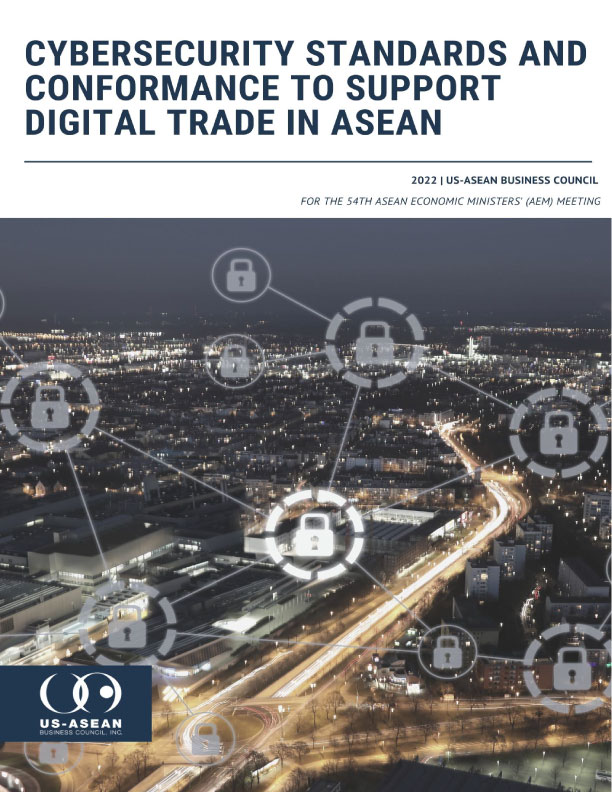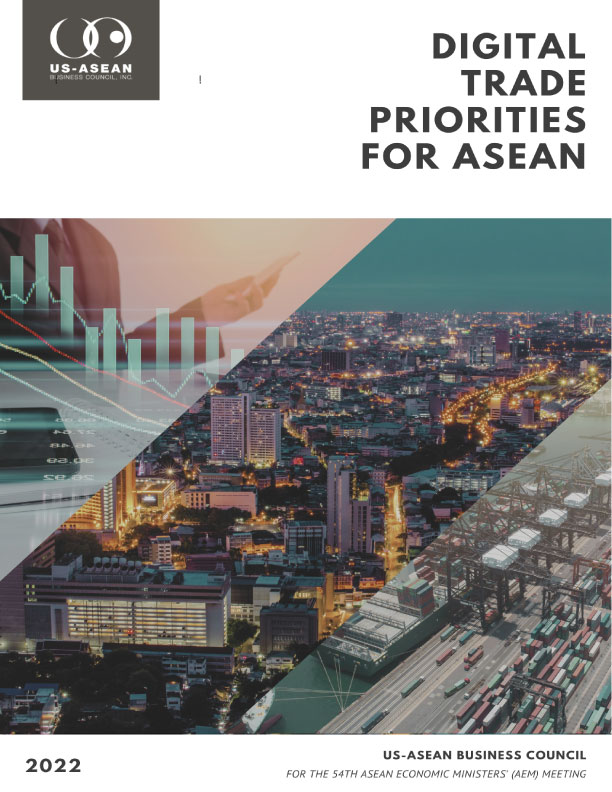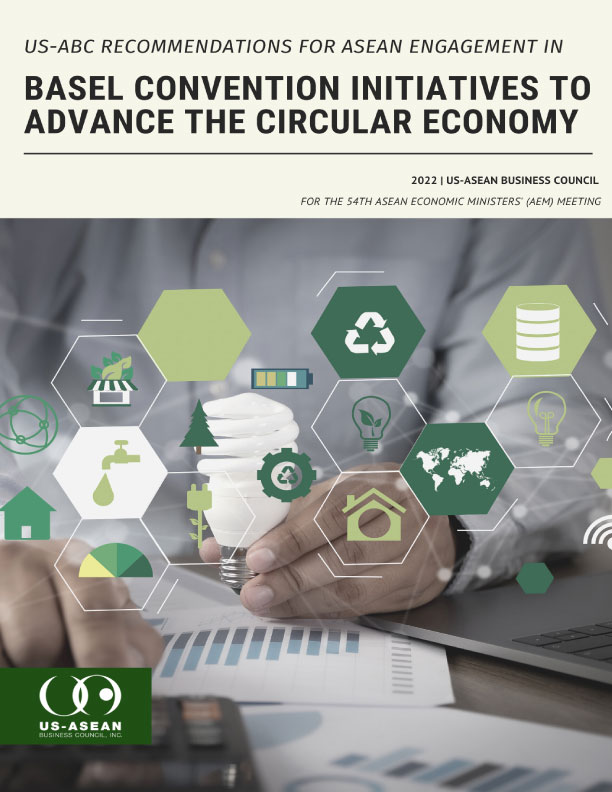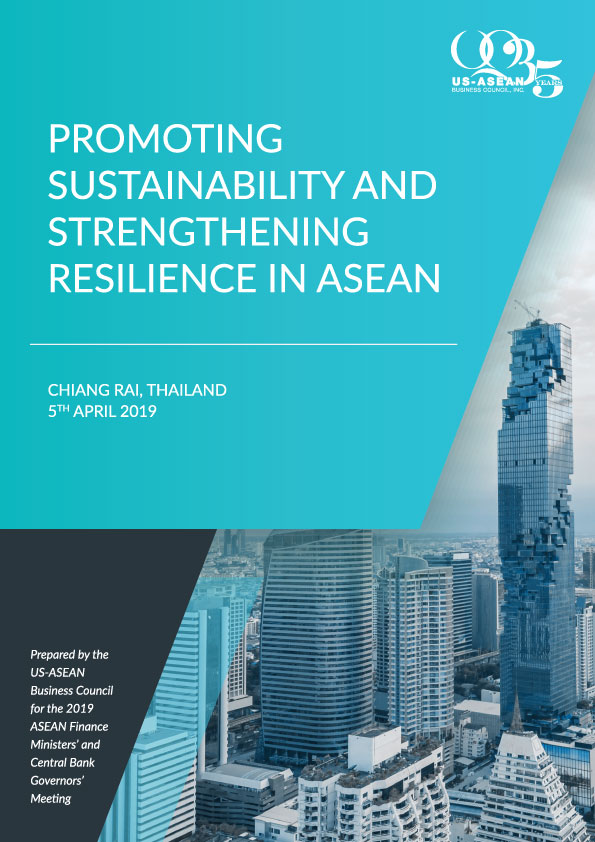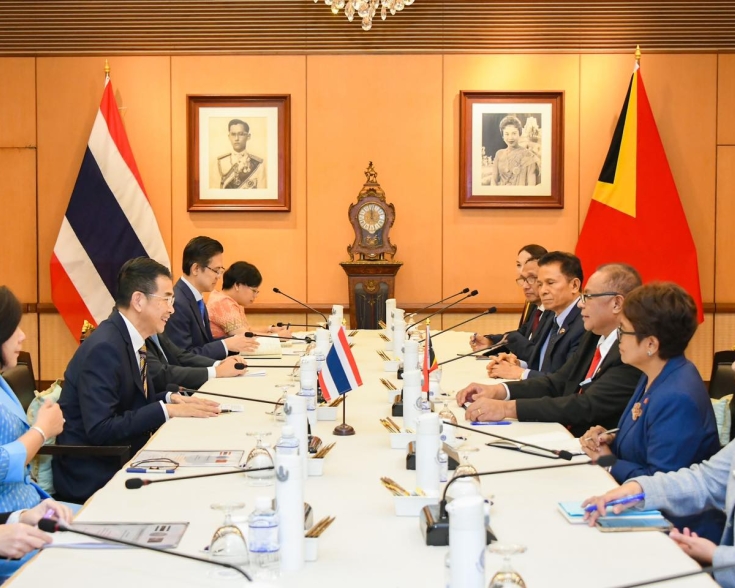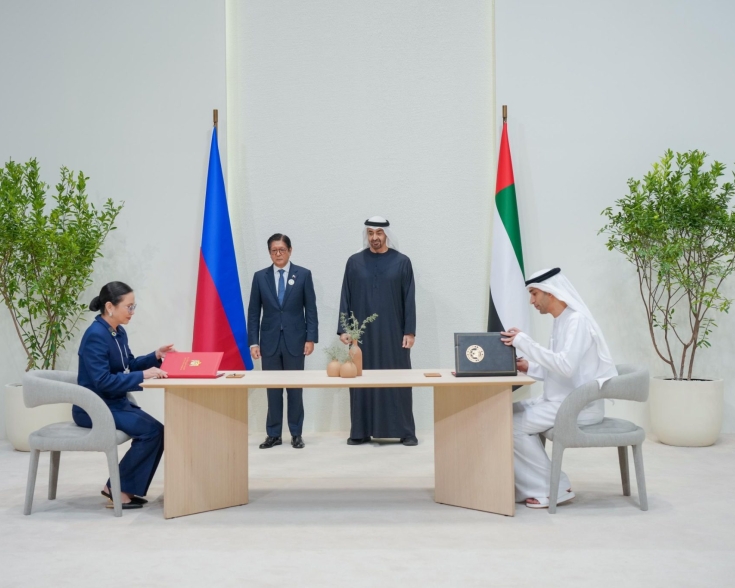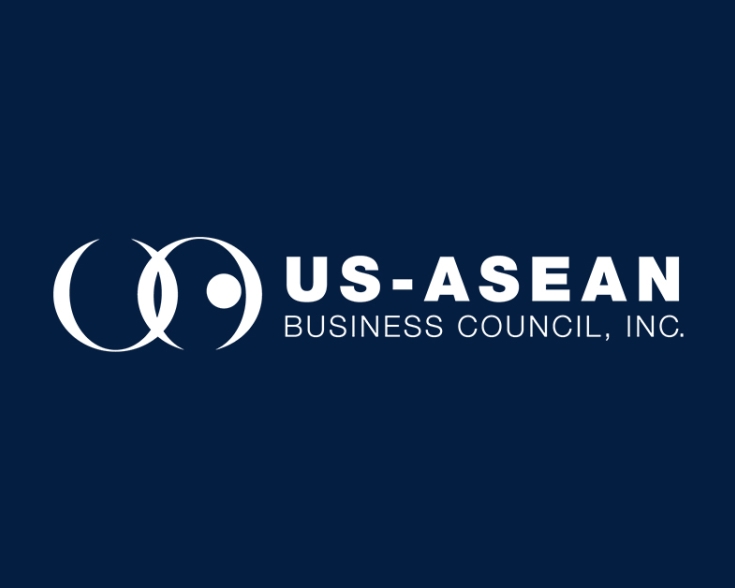Thailand Seeks Economic Balance and Expands UK Trade Ties as Tariffs Loom

On August 27, the Bank of Thailand (BoT) cut its policy rate by 25 basis points to 1.5%, its lowest in nearly three years. This rate cut comes amid growing uncertainty in the second half of the year surrounding slowing factory outputs, down 6.2% year-on-year in July, and fears over new U.S. tariffs on Thai goods— estimated to reach between 19-36%.
The tariffs on American importers of goods made in Thailand, will affect a wide range of export products including auto parts and electronics and threaten to stall the momentum after higher than predicted exports in July, with 11% year-on-year growth compared to 2024. However, much of this growth can be attributed to accelerated shipments ahead of tariff deadlines. Economists warn this pace cannot be sustained. The Commerce Ministry now projects export growth of just 2–3% for 2025, underscoring the pressure facing Thailand’s trade outlook.
Despite Thailand’s caretaker government status, the Ministry of Commerce continues to engage in technical-level talks with the United States. Key points under negotiation include local content requirements and import quotas, with proposals expected to be submitted to the incoming cabinet for approval. Deputy Prime Minister and Finance Minister Pichai Chunhavajira, who leads the negotiations, emphasized that Thailand’s trade competitiveness remains largely unchanged regardless of how the U.S. Supreme Court ultimately rules on the legality of Trump-era tariffs.
Against this backdrop, the Thai government is accelerating efforts to diversify trade. On August 22, Thai Commerce Minister Jatuporn Buruspat met with the British Chamber of Commerce (BCCT) and 11 member companies to discuss ways to expand trade and investment. Both sides agreed to accelerate talks for a Thailand-United Kingdom free trade agreement (FTA). This dialogue follows UK’s accession to the CPTPP last December and former Prime Minister Paetongtarn Shinawatra’s visit to London in May. While bilateral trade currently stands at just US$6.6 billion, targeted sectoral cooperation could expand opportunities for high-value industries and underscores Thailand’s desire to reduce vulnerability from its concentrated U.S. and Chinese markets.



